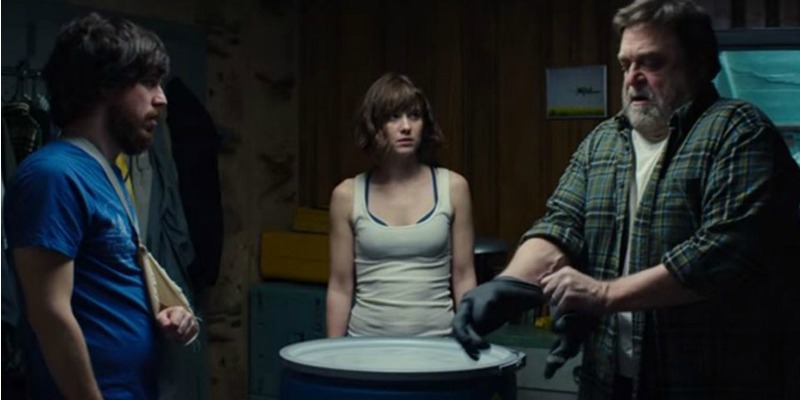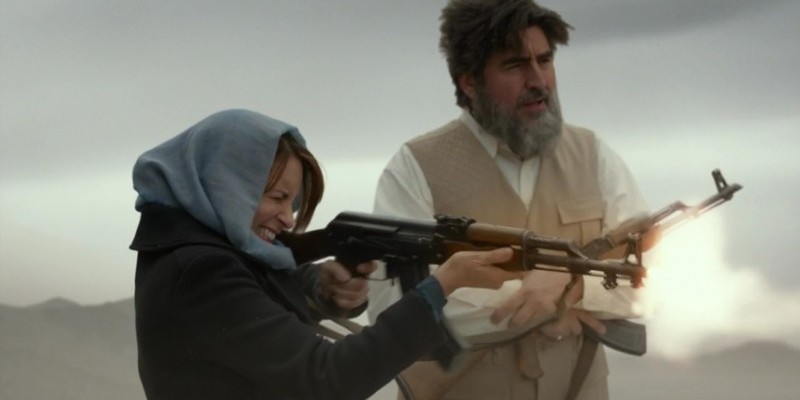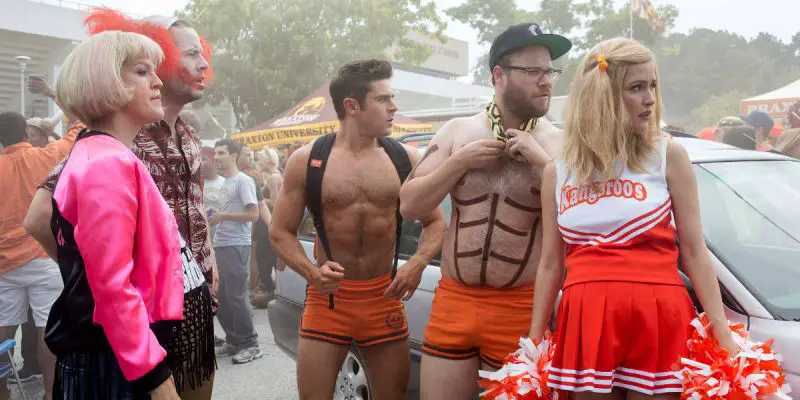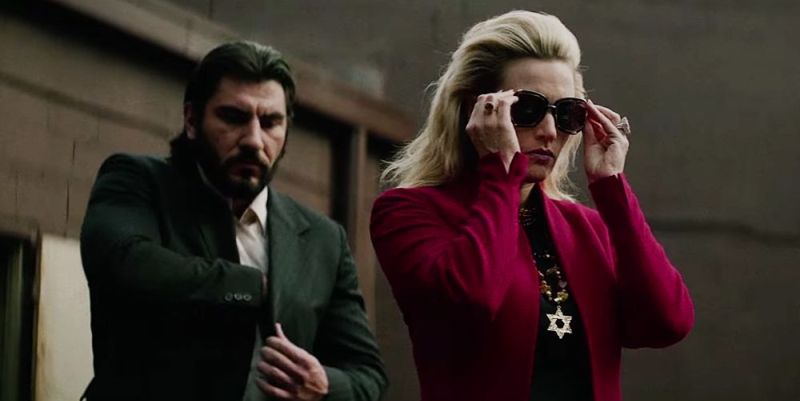Coming Soon
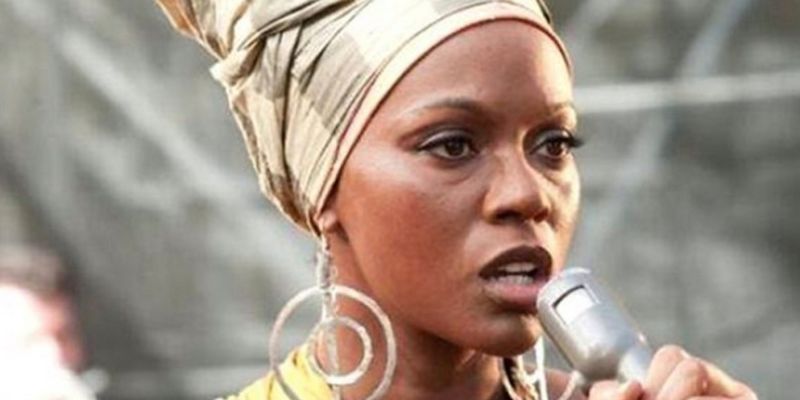
It’s tempting to back away slowly from Nina, to pretend you didn’t see it and in doing so sidestep the subtleties of the controversy surrounding it, because while we regularly come together to discuss the statistics of race representation, colorism rarely enters the conversation. Whether this stems from discomfort and ignorance by the predominantly white media, the pessimistic idea that we need to fight one battle at a time, or one of the many other factors that contribute to the silence surrounding this issue, silence will get us precisely nowhere. So let’s talk about it.
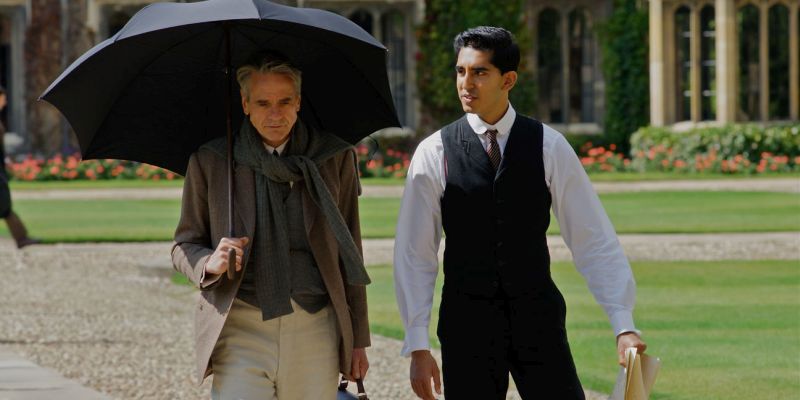
Let’s snuggle into the familiar embrace of the British biopic. A genre all on its own, their tempered looks at history often play as apologies for past sins, with recent entries like The Imitation Game and Suffragette discussing or taking on outright the treatment of gay men and women by past British society. The problem is that they often feel like hollow pats on the back, because while the atrocious behavior that the films portray have become antiquated, more mild wrongs are still committed against these groups every day.
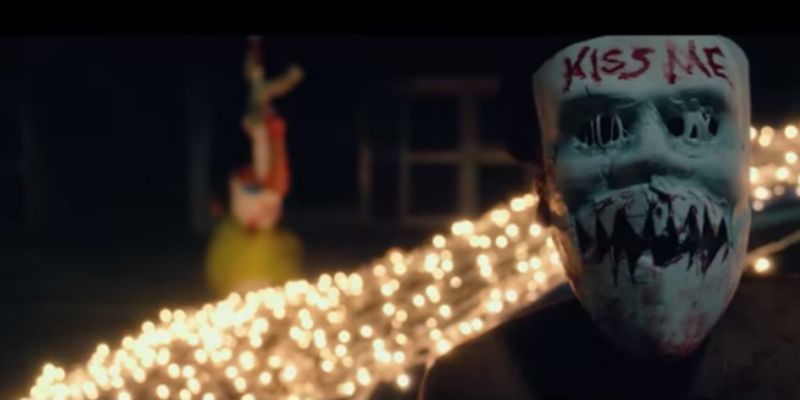
The central concept that for 12 hours the American government makes all crime legal has always been the main selling point for The Purge series. There’s inevitable sociopolitical commentary there, not to mention the smaller question of what kind of people would participate in such brutality. Striking ad campaigns for the first two films turned them into massive financial successes, and the forthcoming third film, The Purge:
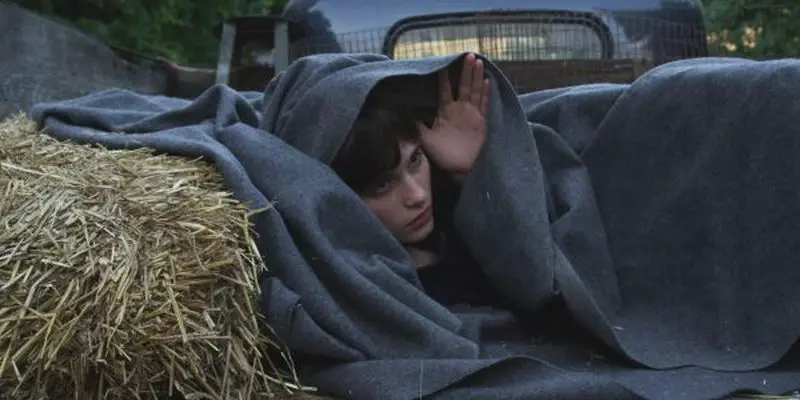
If there is a universal desire in this world, it’s for our children to live a good life. No matter how you define good, the possibility of this seemed remote for Jewish families during World War II, forcing many parents to make desperate choices to keep this hope alive. And so there was a generation of lost children, boys and girls who had been flung to the wind after all other options were taken away.
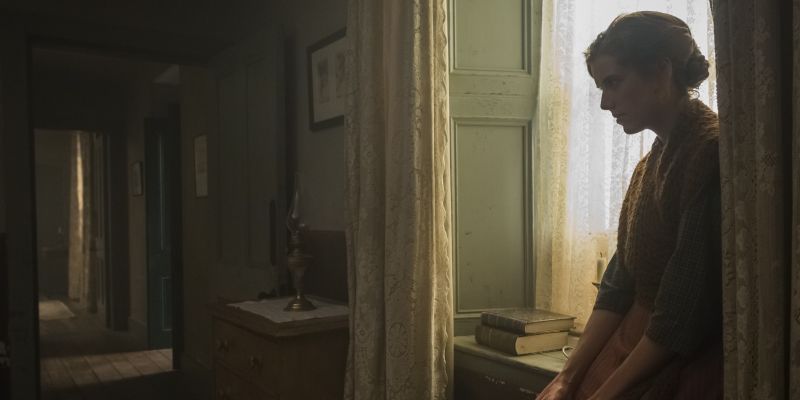
Writer/director Terence Davies has released only two narrative features since the turn of the millennium, The House of Mirth and The Deep Blue Sea. Both are acclaimed pieces about a woman trapped by circumstance, which makes his dogged fascination with the poor Scottish farm girl at the center of Sunset Song perfectly understandable. He pitched the film fifteen years ago but was unable to land financial backing, shelving the project after even an open letter in The Guardian didn’t bear fruit.
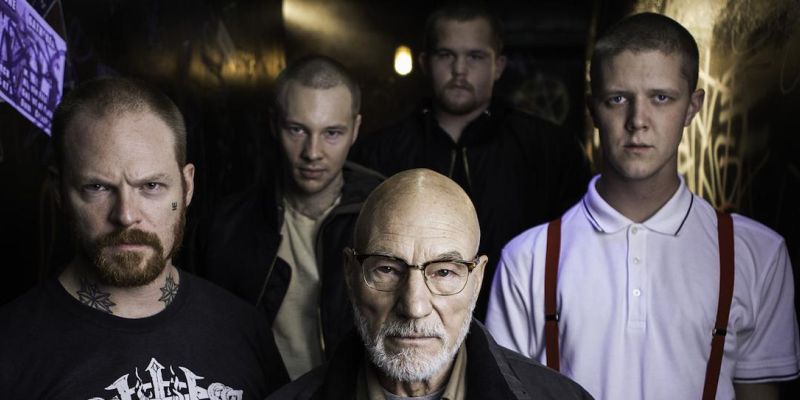
Green Room marks the second of writer/director Jeremy Saulnier’s blood-drenched thrillers to have premiered at the Cannes Film Festival. You may have heard whispers about 2013’s Blue Ruin as it trickled out of the festival circuit, lauded by audiences and critics alike as a paradigm of the vigilante genre. Now Saulnier takes on the backwoods, pitting some young punk rockers against a group of white supremacists.

A natural poster child for the 1950’s cool jazz movement, the young version of Chet Baker was all chiseled jaw, coiffed hair, and lounging trumpet. The image has long drawn comparisons to James Dean, and perhaps if Baker had died young he would also be remembered as a piece of nostalgic Americana. But Baker lived to the age of 58, battling drug addiction and enduring the familiar career rhythms of a special talent who just couldn’t hold it together.
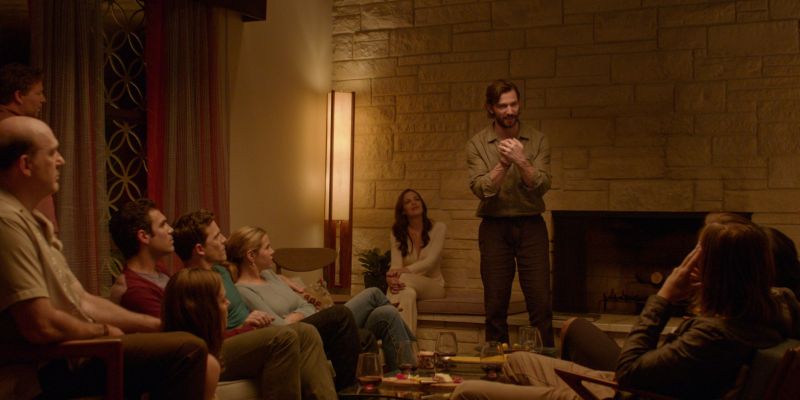
Oh, there’s plenty to be afraid of in The Invitation, the upcoming psychological pot-boiler from director Karyn Kusama. Any time paranoia works its way into a film the audience immediately loses its bearing, unsure of which character is lying, which is telling the truth, or if everything they’re seeing is just the fever dream of an ill mind. A blow could come from anywhere, and we humans are hard-wired to fear uncertainty.
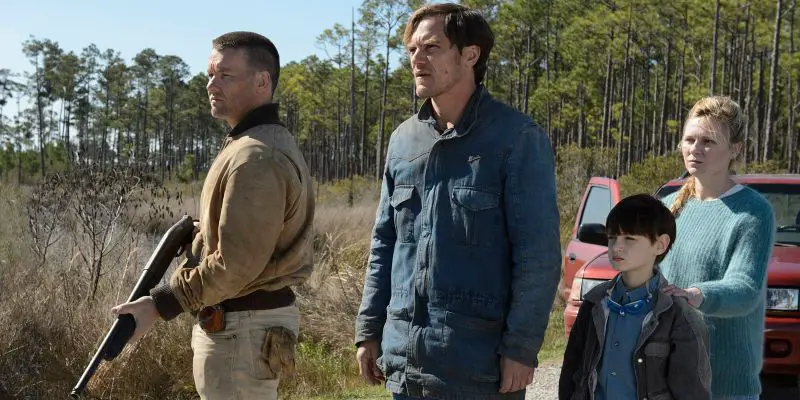
All you should need to get excited for this film is the name Jeff Nichols. The writer/director of Mud, Take Shelter, and Shotgun Stories has made nothing but high-quality films, and his reward has been increasingly bigger budgets and bigger box office totals. Midnight Special is his first studio film, and while it’s being released on a crowded weekend led by Allegiant and Miracles from Heaven, I see no reason to think it won’t surpass Mud’s $21.


